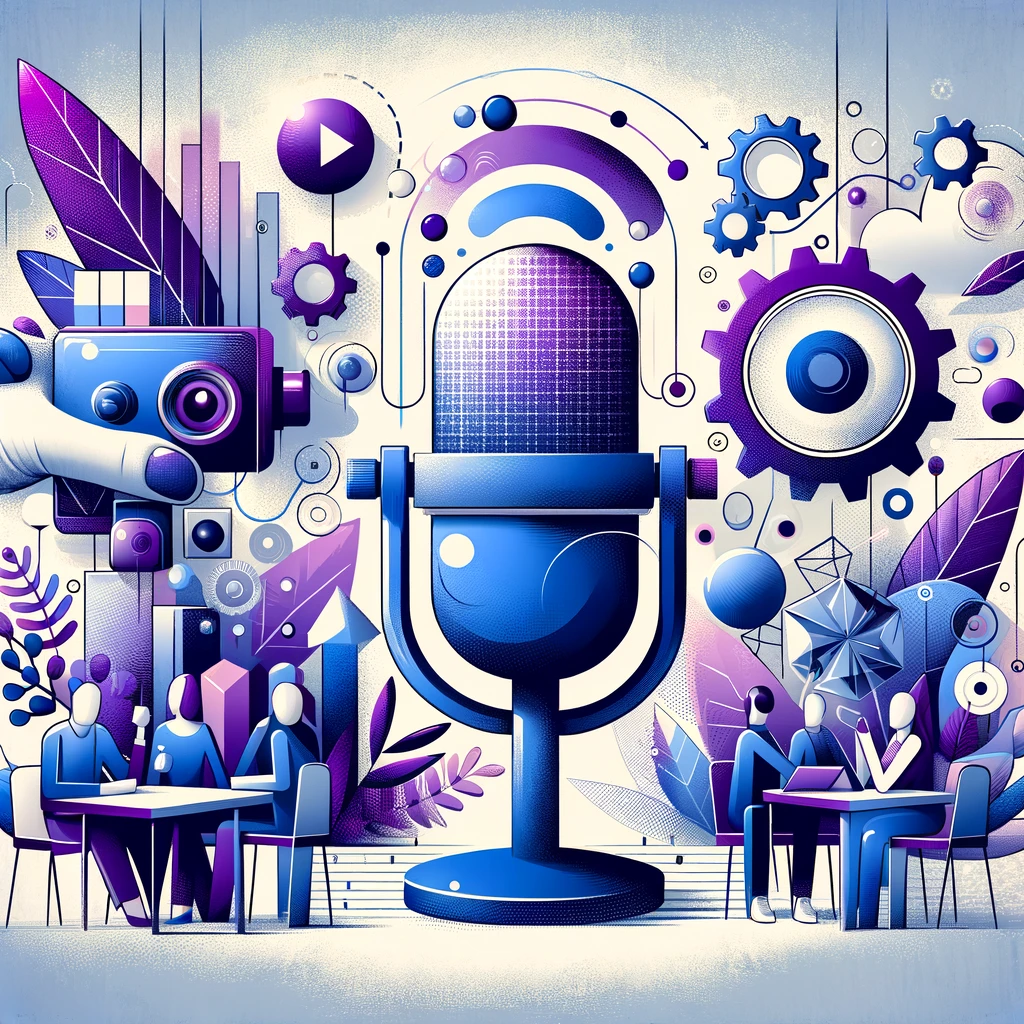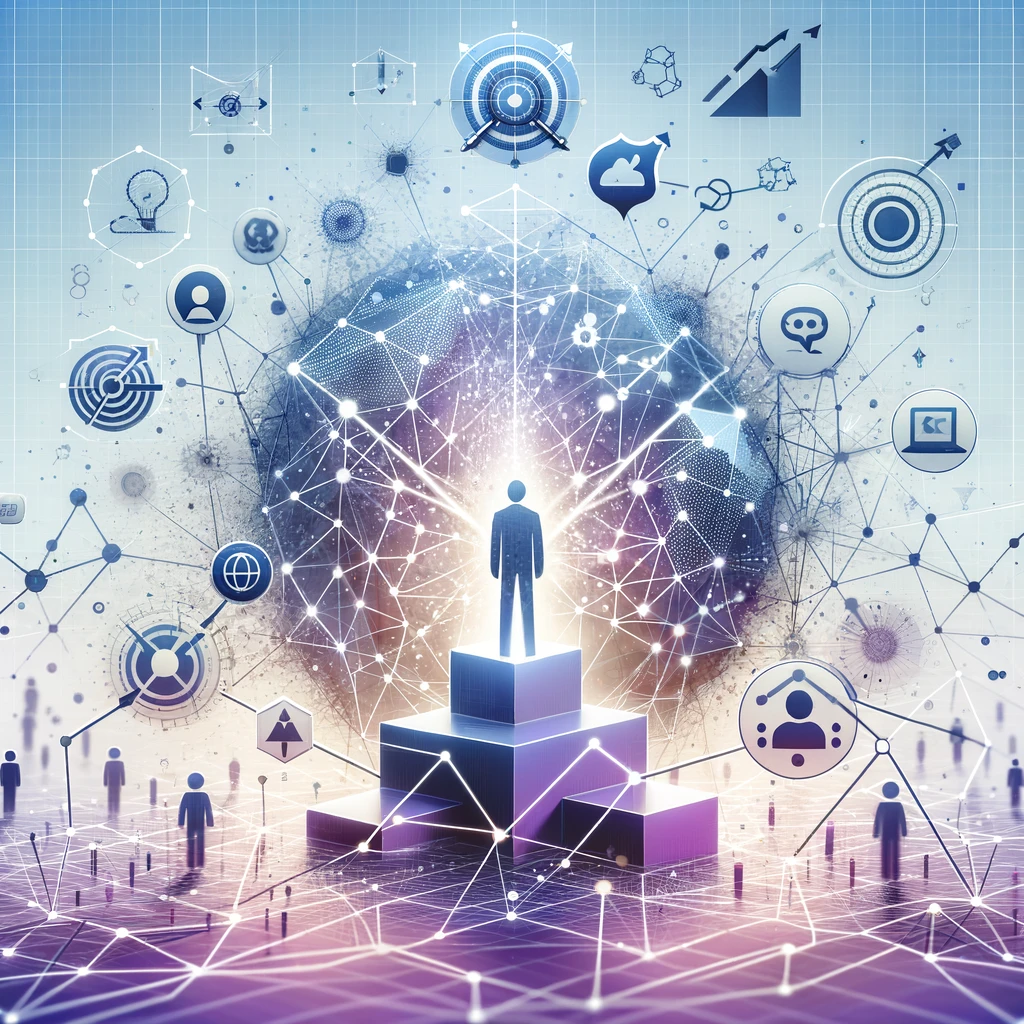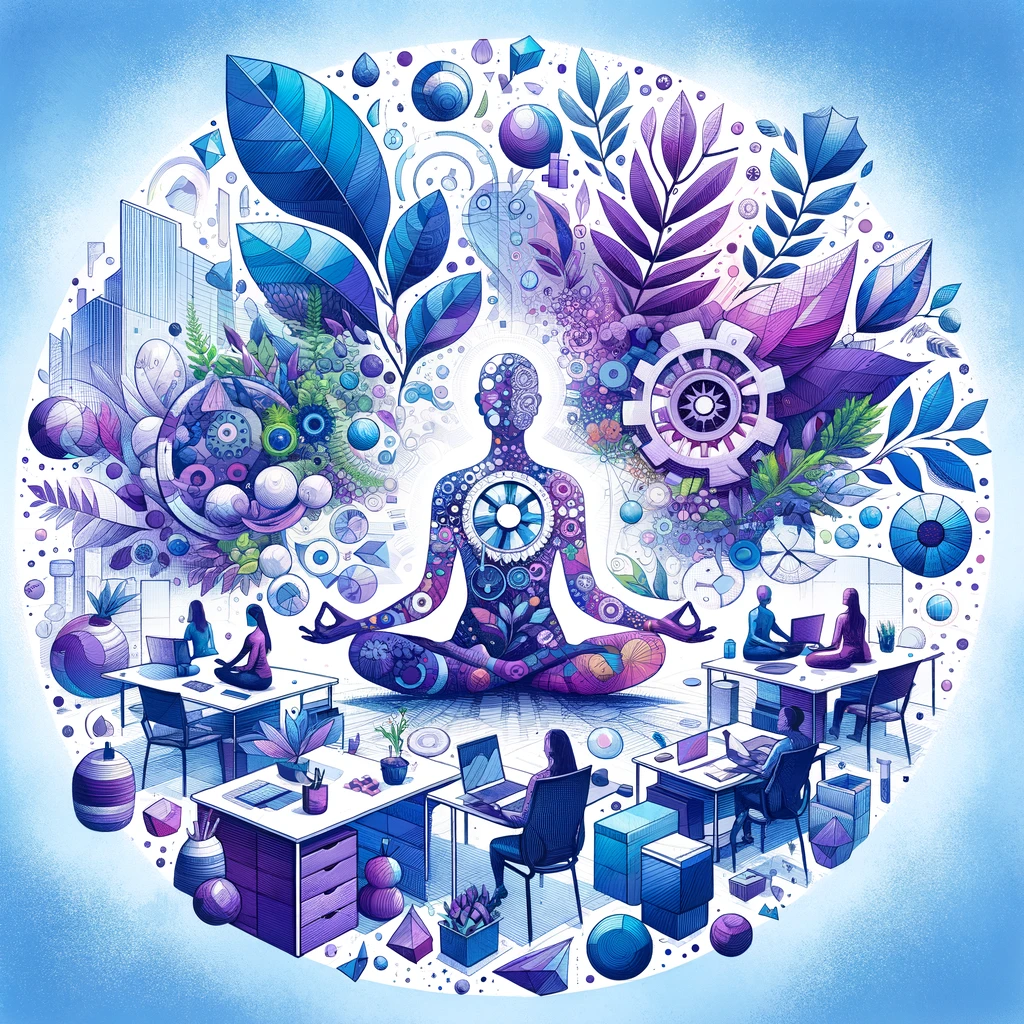How to Build a More Human Skills Centered Workplace
In today’s rapidly evolving professional landscape, the true differentiator lies in the realm of human skills. These crucial attributes encompass a spectrum of abilities, from communication and adaptability to problem-solving and emotional intelligence. Leveraging these skills not only fosters a harmonious workplace but also drives productivity and innovation.
Fostering Effective Communication:
Clear and empathetic communication lies at the heart of any thriving workplace. HR can implement initiatives that promote active listening, constructive feedback, and transparent dialogue. By honing these skills, employees forge stronger connections, resolve conflicts efficiently, and collaborate seamlessly.
Nurturing Adaptability and Resilience:
In a world of constant change, adaptability is a prized asset. HR can spearhead workshops and training programs that equip employees with the ability to pivot in response to evolving circumstances. This cultivates a culture of resilience, where challenges are met with a solutions-oriented mindset.
Encouraging Collaborative Problem-Solving:
Teamwork and collaborative problem-solving are invaluable skills that HR can actively nurture. By creating opportunities for cross-functional projects, brainstorming sessions, and workshops focused on collective problem resolution, HR fosters an environment where innovative solutions emerge organically.

Cultivating Empathy and Emotional Intelligence:
Emotional intelligence is a cornerstone of effective leadership and harmonious workplace relationships. HR can guide employees in recognizing and managing their emotions, as well as understanding the perspectives and feelings of their colleagues. This leads to a more empathetic and inclusive work environment.
Promoting Critical Thinking and Decision-Making:
Critical thinking skills empower employees to analyze information, evaluate options, and make informed decisions. HR can facilitate training sessions and provide resources that enhance these capabilities, ultimately driving more strategic and effective decision-making throughout the organization. According to World Economic Forum’s research critical thinking and decision-making are in the top 10 necessary skills for 2025
Celebrating Diversity and Inclusion:
Fostering an inclusive workplace is not only a moral imperative but also a strategic advantage. HR can champion initiatives that celebrate diversity, ensuring that employees from all backgrounds feel valued and heard. This creates a rich tapestry of perspectives, driving creativity and innovation.
Recognizing and Rewarding Human Skills:
HR has a pivotal role in ensuring that human skills are acknowledged and rewarded within the organization. Implementing recognition programs that spotlight exceptional displays of empathy, adaptability, or leadership fosters a culture that values these attributes. Zippia research reports that 80% of employees would work harder if they felt more appreciated.
Conclusion:
In the era of AI and automation, human skills are the bedrock of a thriving workplace. HR’s strategic initiatives to harness and cultivate these abilities are essential for driving innovation, collaboration, and productivity. By placing a premium on effective communication, adaptability, problem-solving, emotional intelligence, critical thinking, diversity, and recognition, HR paves the way for a workplace that not only survives but thrives in the face of evolving challenges.








